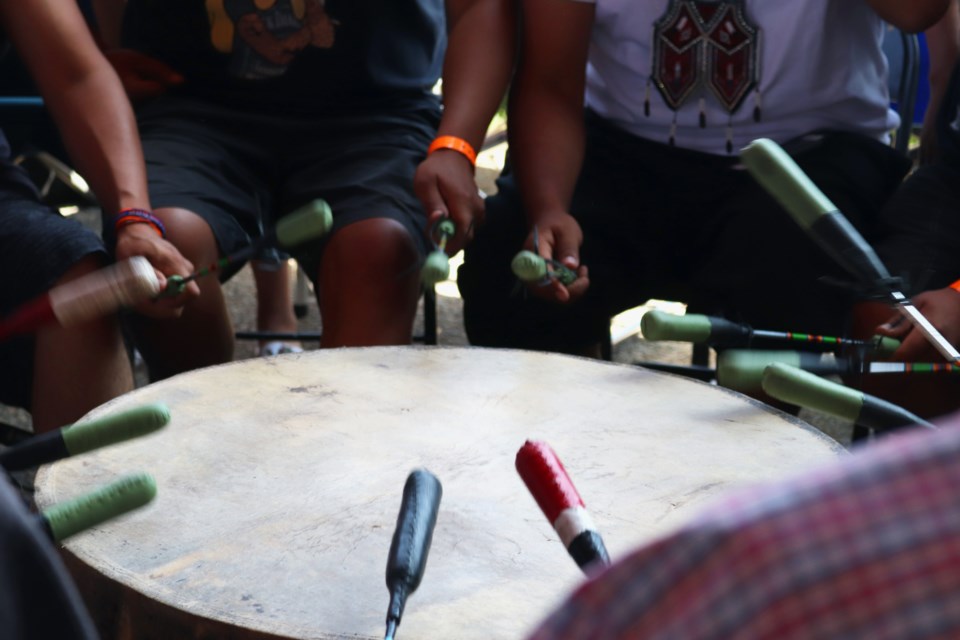British Columbia’s Representative for Children and Youth (RCY) is calling on the provincial government to end discriminatory funding practices and adopt Canadian Human Rights Tribunal principles for Indigenous child welfare funding in B.C.
A new report titled, At a Crossroads: The roadmap from fiscal discrimination to equity in Indigenous child welfare, sought to map child welfare funding and service delivery in B.C.
It highlights funding practices by Ministry of Children and Family Development (MCFD) that, at the federal level, have already been deemed discriminatory through a Canadian Human Rights Tribunal ruling.
“The findings of this report are troubling,” said Representative Jennifer Charlesworth. “First, the level of child welfare services a First Nations, Métis, Inuit or Urban Indigenous child or family receives depends on where they live – on- or off-reserve, due to differing funding sources – and who they are served by.”
She said this leads to gaps and inequities that have no place in a province committed to reconciliation.
“Second, MCFD’s system for allocating funding is so broken that it is not possible to link ministry funding with the commitments to reconciliation government has made or to outcomes for kids.”
The intent of the report was to connect funding to services in order to reveal gaps and to create a comprehensive picture of how – and how much – money is being spent on First Nations, Métis, Inuit and Urban Indigenous compared with non-Indigenous child and family services.
However, Charlesworth found that this was not possible using provincial data, nor was it possible to connect spending with stated government priorities because the necessary information is not tracked.
“Without knowing how much money is spent on Indigenous child welfare and what the outcomes of those expenditures are, how can any assessment be made of how well First Nations, Métis, Inuit and Urban Indigenous children and families are being supported in B.C.?,” asked Charlesworth.
The report made three key recommendations for MCFD:
- Adopt the Canadian Human Rights Tribunal principles of funding and provide funding models that that prioritize culturally based community wellness and prevention services
- Update its ministry-specific fiscal management tools and reporting practices to align public funds allocated to First Nations, Métis, Inuit and Urban Indigenous child welfare to stated spending objectives and declared government and ministry priorities
- To improve understanding and articulation of the needs of Indigenous children, the report calls for MCFD to collect disaggregated race-based data. Current data collection does not allow for an examination of the full impact of fiscal discrimination.
“We understand that this is challenging and complex,” said Mary Teegee, the B.C. representative on the National Advisory Committee of First Nations Child and Family Services Reform and a board member of the First Nations Child & Family Caring Society of Canada.
“However, that cannot be the reason we do not correct these inequities. With our federal partners, we have entered an era of long-term reform for Indigenous child and family services. We are seeking the same relationship with the Province. When we know better, we must do better. The time is now to do better and correct the funding gap for our off-reserve relatives.”
The BC Association of Social Workers (BCASW) said it supports the recommendations in the report adding its voice to calls for better fiscal accountability for the ministry.
“This report is a call to recognize the unequal funding for Indigenous children compared to non-Indigenous children, and a call to see this inequity as a human rights issue," said Michael Crawford, BCASW president.
"BC continues to have a significant over-representation of children in government care because 68 per cent of all children in care are Indigenous, yet they make up only 10 per cent of the population."
Mitzi Dean, Minister of Children and Family Development, said MCFD will be analyzing the report in depth over the coming weeks.
“These reports raise long-standing fiscal and data issues that we have been working to address for some time within the ministry, with cross-ministry partners and through our tripartite working group with the Government of Canada and the First Nations Leadership Council. Our tripartite working group is the only one of its kind in Canada,” said Dean.
“We know there is still much more for us to do together. It’s vital for Indigenous children to be able to access the services and supports they need, no matter where in the province they live. We are committed to continuing to work in partnership with Indigenous communities on the important issues that affect Indigenous children and families in B.C., and to ensure all Indigenous children and families have the supports they need to thrive.”



